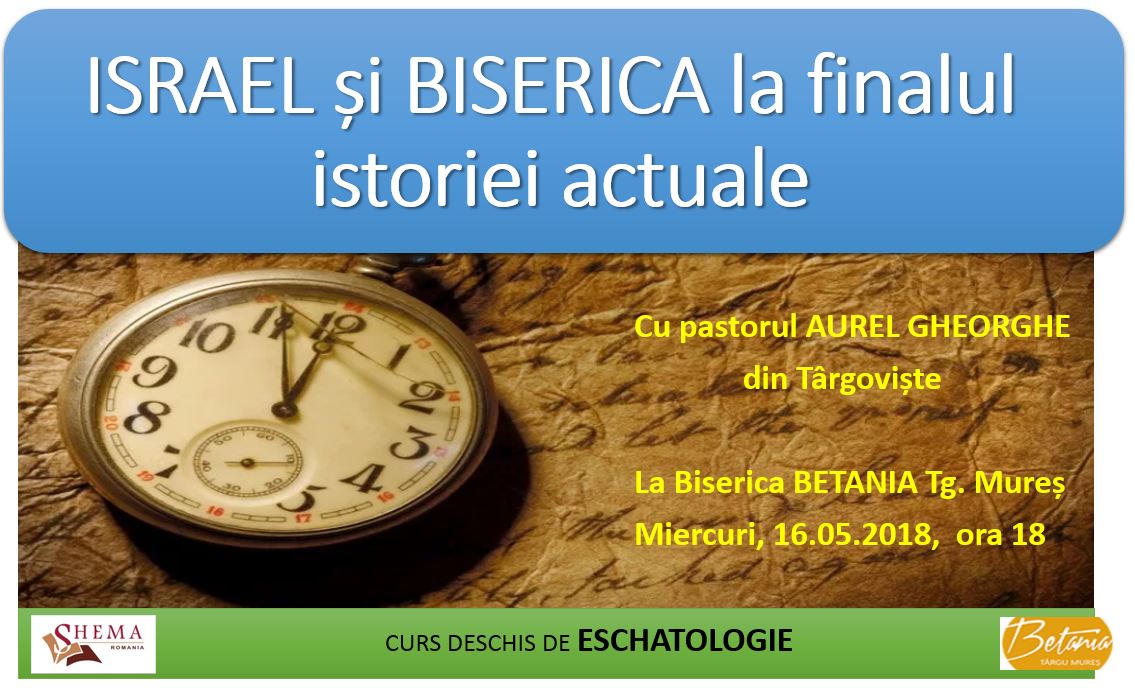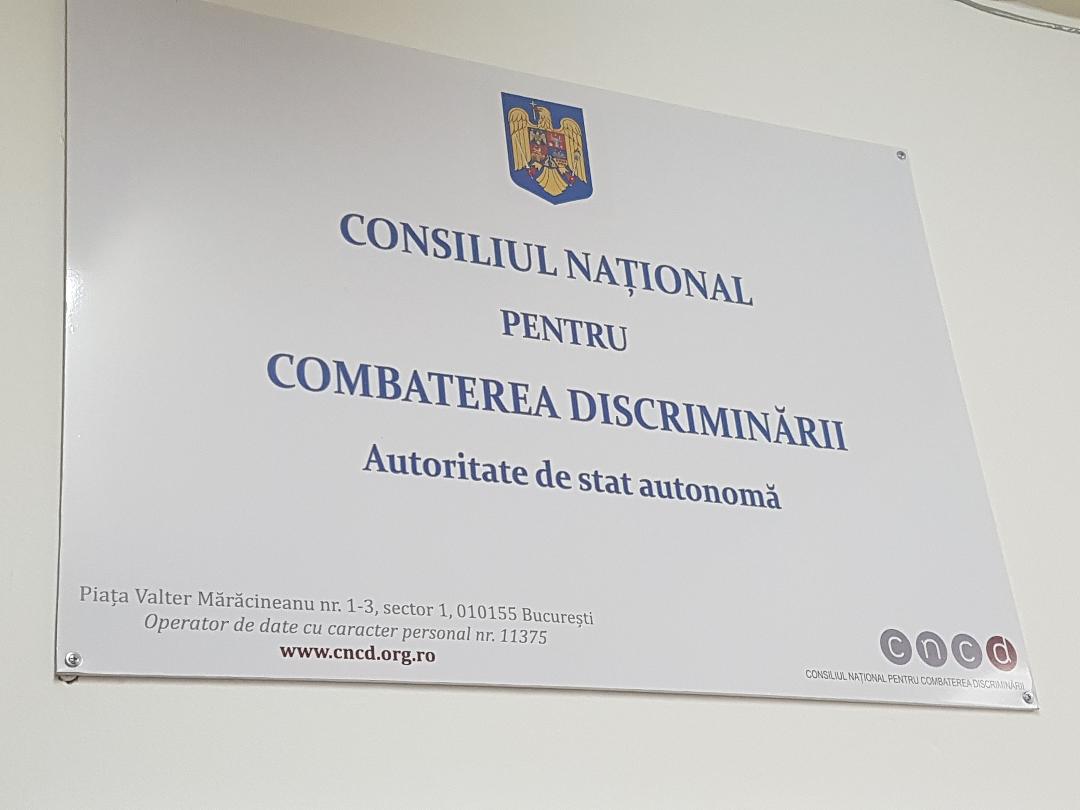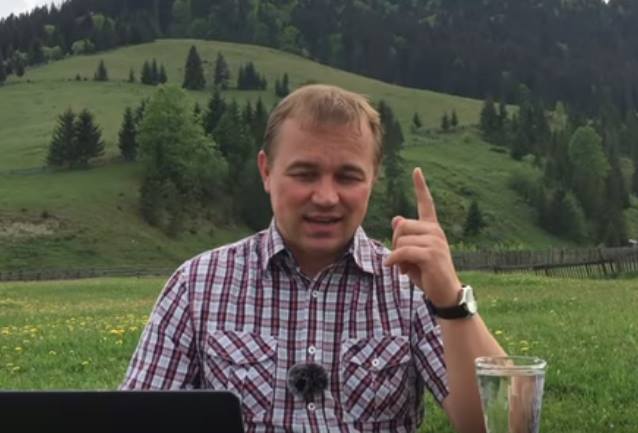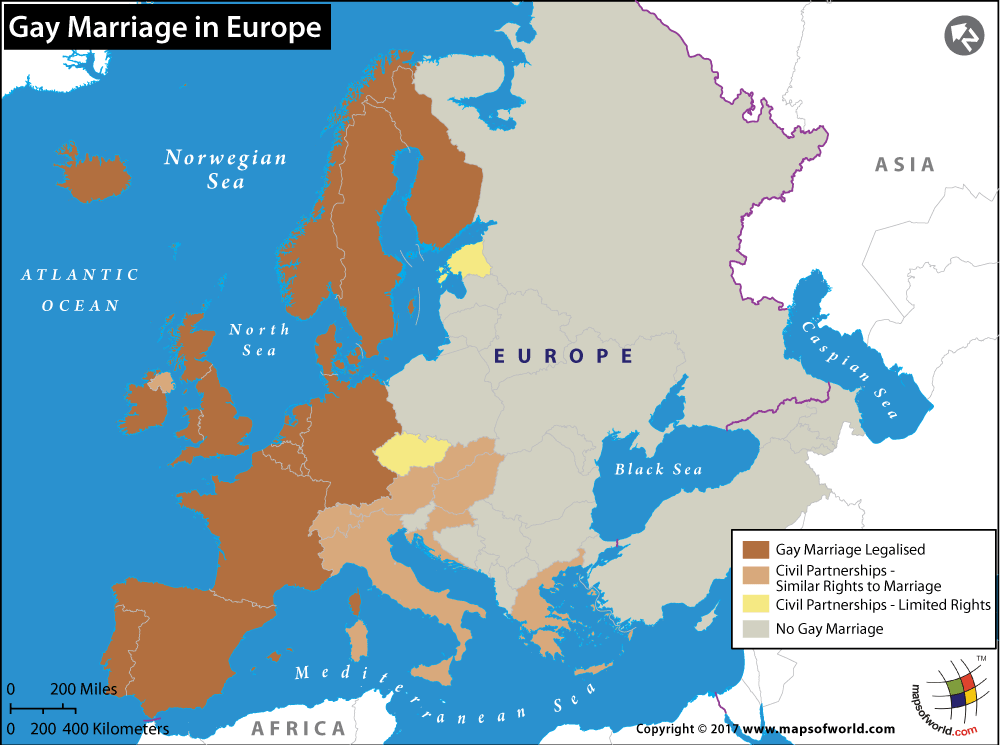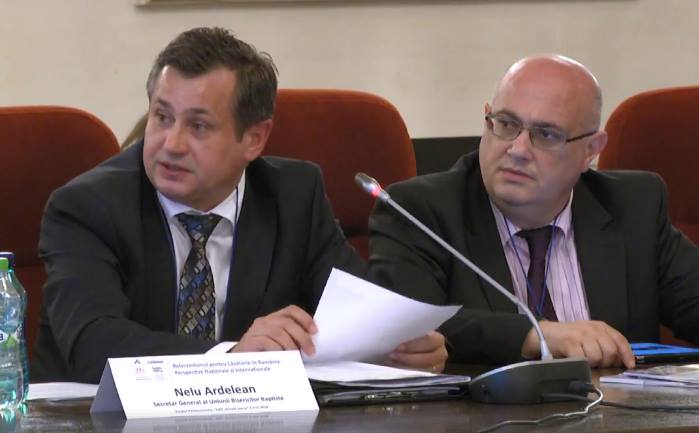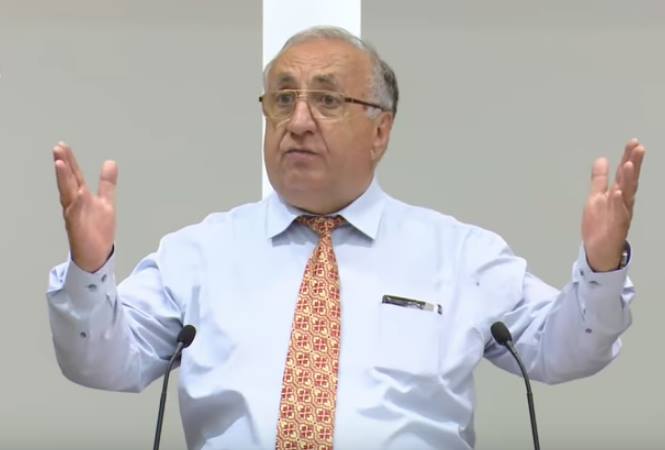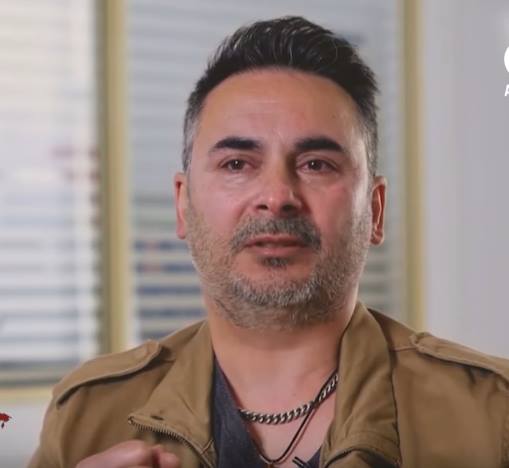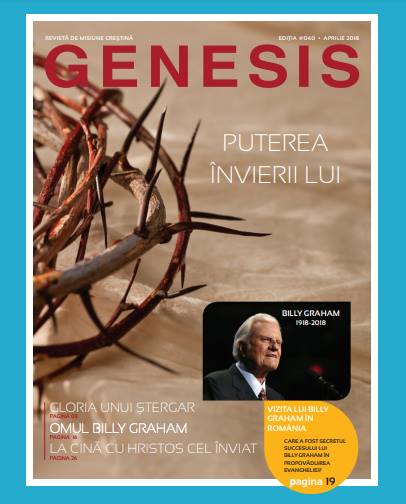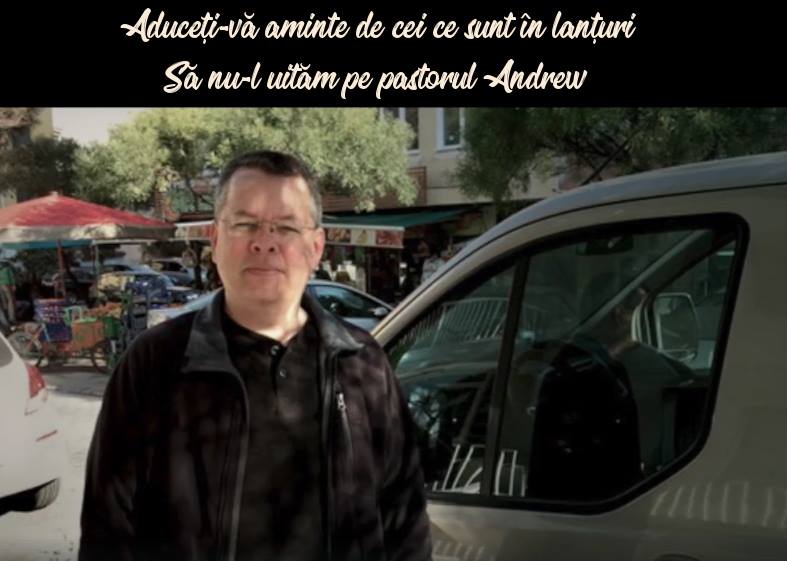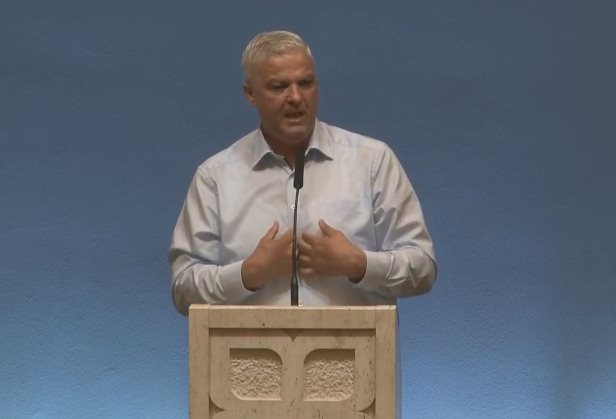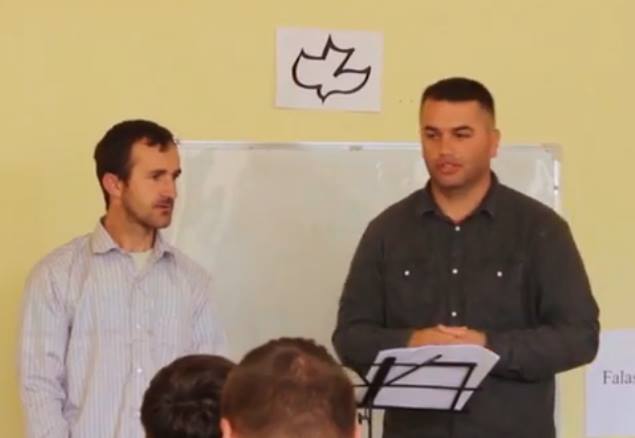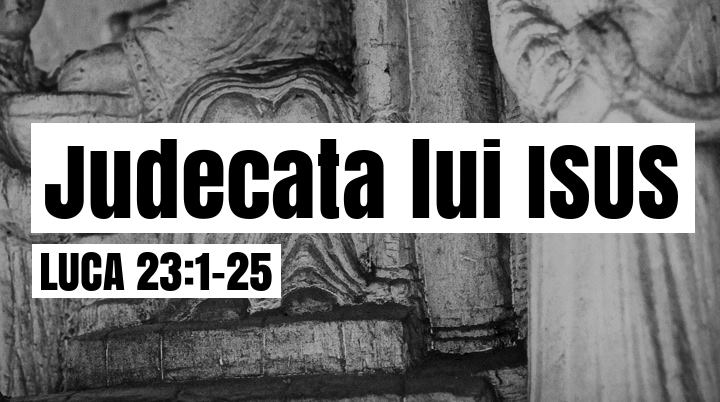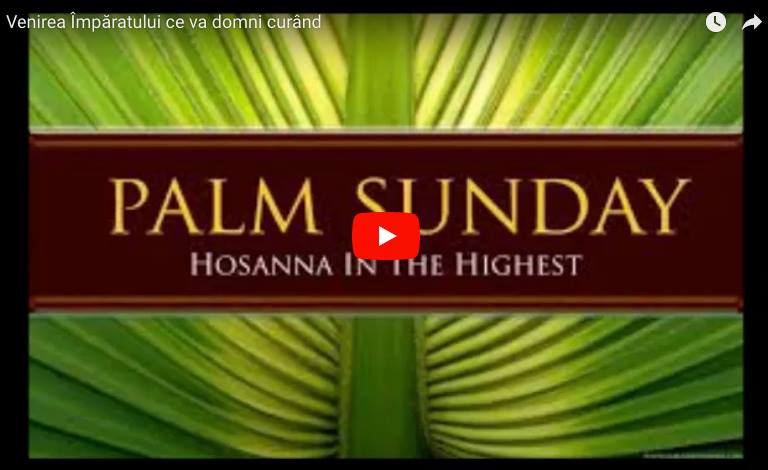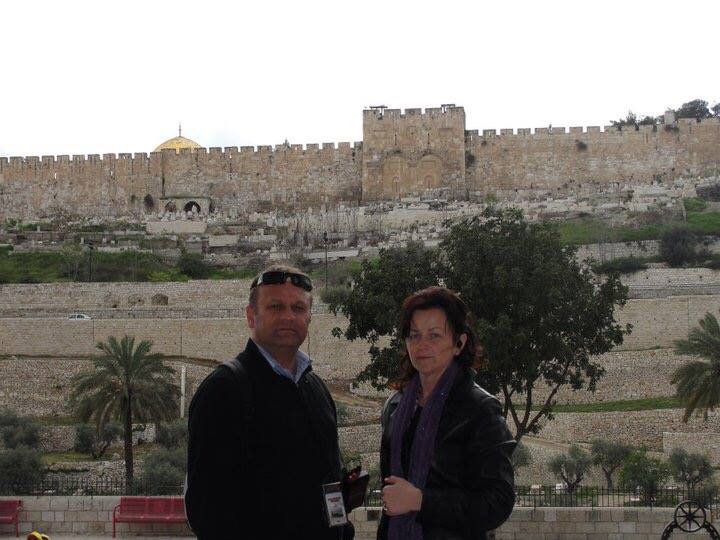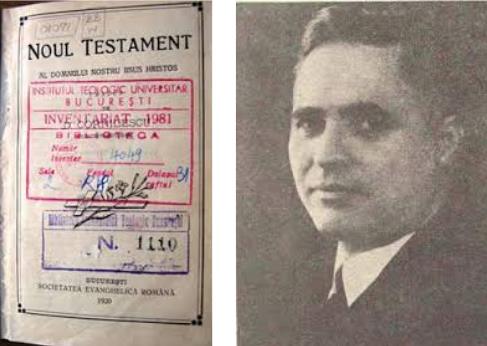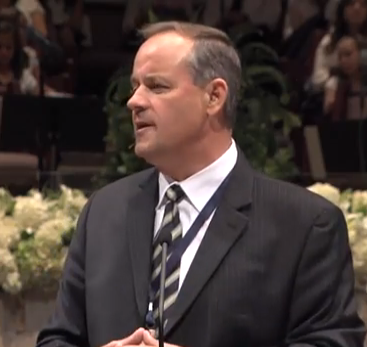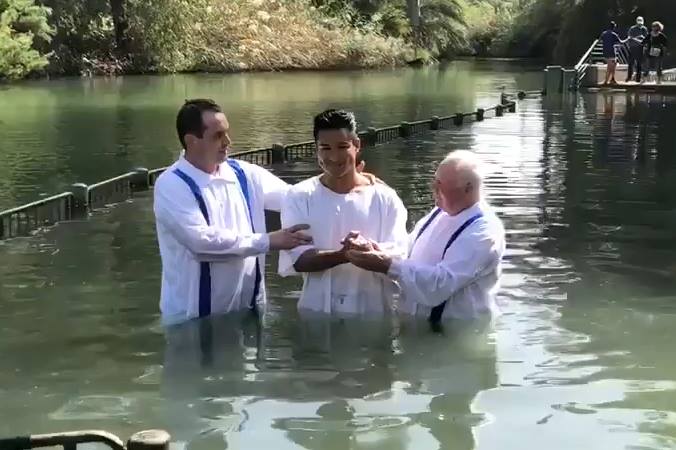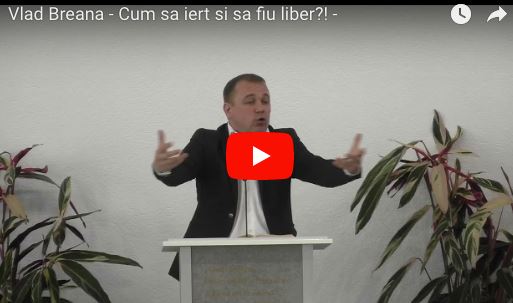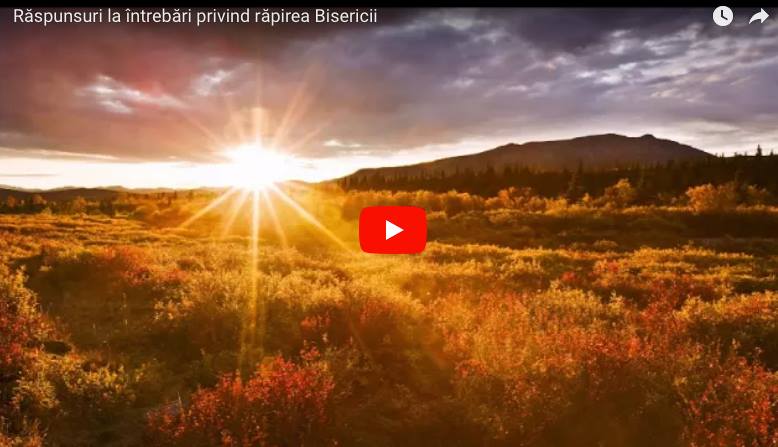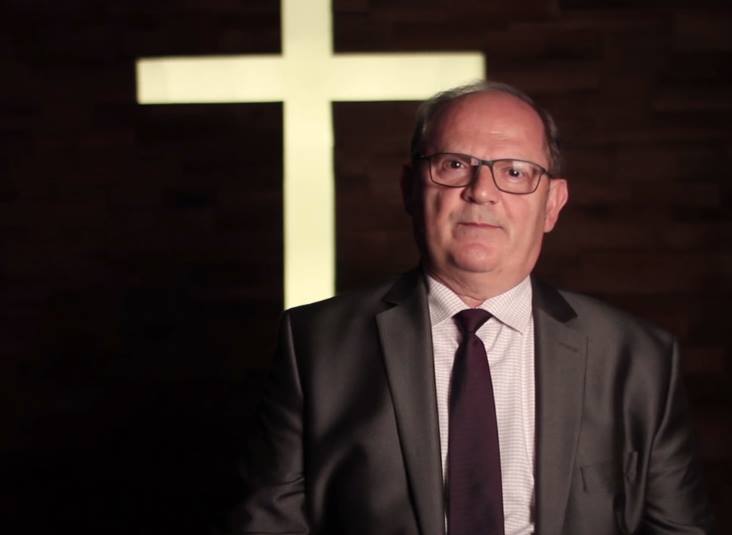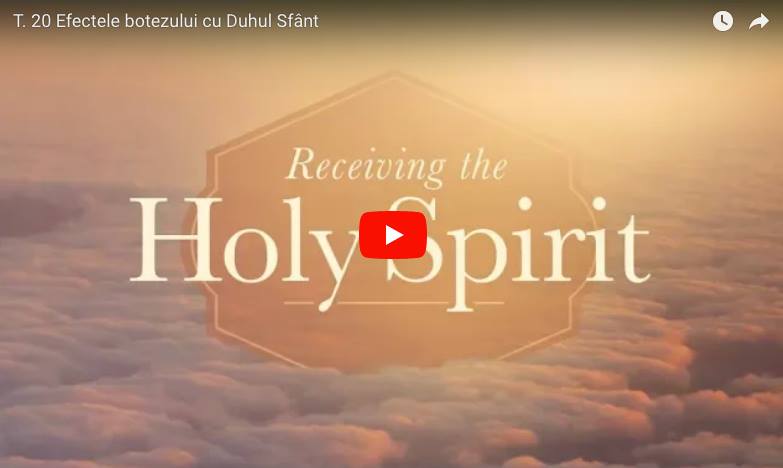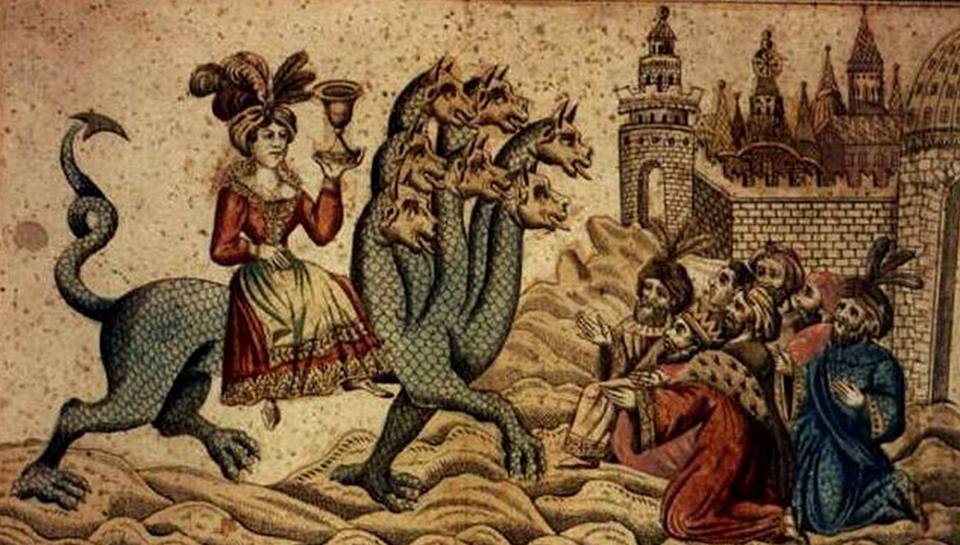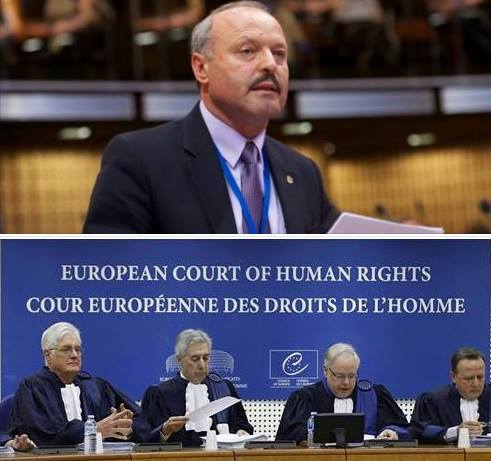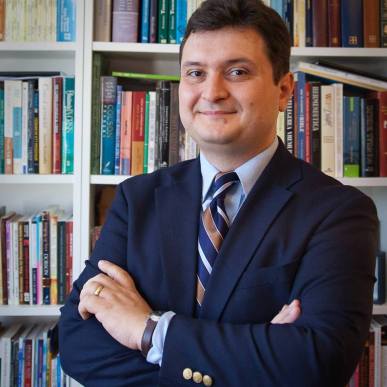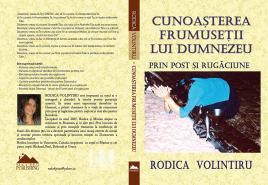Rodi:
I have researched for Day of Pentecost articles and material on the web from the point of view of a committed believer of the Pentecostal experience. To my frustration, it was very hard to come across. This may be due to the fact that many churches have not realized the full potential that the internet gives them to share their faith with millions of readers in a format that will last forever. Once printed, an article is archived on the worldwide web, and, unless one goes to great lengths to erase it from the web, it will be read over and over again by millions of people for ages to come. I wish more churches would use the web as an internet tool, especially non English churches.
I am posting this article from the PENTECOSTAL evangel magazine, June 2011 edition; written by the General Superintendent of the Assemblies of God, George O. Wood. The article is excerpted from the book – Living in the Spirit, by George O. Wood (Springfield, Mo.: Gospel Publishing House, 2009).
You can read more of the PENTECOSTAL evangel magazine here.
The Baptism and Fullness of the Spirit
“In the last days, God says, I will pour out my Spirit on all people. Your sons and daughters will prophesy, your young men will see visions, your old men will dream dreams.” — Acts 2:17, NIV
I have been asked a number of times by national reporters about speaking in tongues. I was talking with a reporter from The New York Times and told him there’s nothing unusual about what Pentecostals are doing today. If you look at the first-century church, all the writers of the New Testament spoke in tongues, and the Early Church spoke in tongues. So Pentecostalism, at its roots, is basically a restorationist movement. We believe that we can cut through 20 centuries of church tradition and get back to the original Church. It doesn’t mean that we do everything like the original Church, but we’re trying to have the same doctrine and experience of the Early Church.
Several decades ago, I visited the Sistine Chapel in Rome. Looking up to Michelangelo’s great fresco of “The Last Judgment,” I thought to myself, Why is everyone raving about this work of art? It’s very occluded and dark. What had happened is that over the last four centuries, there have been so many candles burning in the Sistine Chapel that the smoke had gradually put a layer of gray over the painting. So when I saw how dark it was, I wasn’t impressed at all.
Now, many years later, it has been restored. All the smudge is gone and the colors are radiant and alive, and it’s as though the painting had just been done yesterday. That’s what Pentecostalism, in its purist form, tries to do. It tries to erase the smudges on the Church for the last 20 centuries and get back to what the early Christians believed and practiced. That is our goal — to get back to biblical, original Christianity.
Three primary views within the Church describe the baptism in the Holy Spirit. One is the view that the baptism in the Holy Spirit and any terminology connected with it in Scripture are meant to be taken as synonymous with conversion — that when we give our life to the Lord we are automatically baptized in the Spirit.
 In this view, the Day of Pentecost in Acts 2 represents the moment the members of the Early Church became Christians. The baptism in the Holy Spirit, therefore, is not meant to be repeated in believers’ lives today in the manner described in Acts 2, 8, 9, 10 and 19, but is to be seen as God’s way of giving the Church a giant cosmic shove into its centuries of existence.
In this view, the Day of Pentecost in Acts 2 represents the moment the members of the Early Church became Christians. The baptism in the Holy Spirit, therefore, is not meant to be repeated in believers’ lives today in the manner described in Acts 2, 8, 9, 10 and 19, but is to be seen as God’s way of giving the Church a giant cosmic shove into its centuries of existence.
On the opposite extreme are those who treat the baptism in the Holy Spirit as the highest goal of Christian experience — a goal that once reached need not be sought after again. Unfortunately, this is the view I had of the baptism in the Spirit while I was a child and teenager. In a particular church of which I was a part, you couldn’t hold office in the youth group unless you had been baptized in the Spirit. So, Spirit baptism was the highest goal of my life. Consequently, when I received it, I promptly relaxed.
Only years later did I come to fully realize the function of the baptism in the Spirit. This, I believe, is the third view. Spirit baptism is a distinct part of our entrance into the full Christian life, along with salvation and water baptism. These can each occur at different times, but I believe it is God’s purpose to make this a cluster of initiation events into the Christian life.
Those who believe the baptism in the Spirit is part of our initiation into the Christian life are called Pentecostal or charismatic. I favor the term Pentecostal primarily because it seems a more biblical word to describe the experience. Whereas charismatic is not used in the Book of Acts and generally refers to spiritual gifts, the charismata in general.
The focus of the baptism in the Spirit is twofold. It deepens our worship of the Lord through giving us a language of praise that we have not learned — speaking with other tongues. It also gives us power in our Christian witness.
Floods of blessing
It’s interesting that the baptism in the Spirit has three beautiful words to describe what the Spirit does for us. The words are all associated with water. Acts 2:17 says that the Spirit of God is outpoured: “In the last days, God says, I will pour out my Spirit on all people.” The idea of the pouring of the Spirit is that we get thoroughly soaked in the Spirit’s presence.
Acts 1:5 tells us that we will be baptized in the Spirit. This means we will be overwhelmed or immersed in the Spirit’s presence. The expression “baptism in the Spirit” can have too narrow a meaning to us; we don’t think of it in a fresh way. I want to ask in my own life, “Have I been overwhelmed by the Spirit? Am I soaked in the Spirit?”
Acts 2:4 uses another word associated with water: filled with the Spirit. When the Spirit is poured out upon us, it is the external coming of the Spirit upon us. When we are baptized in the Spirit, it is us in the Spirit. When we are filled with the Spirit, it is the Spirit in us. Furthermore, 1 Corinthians 12:13 says, “We were all given the Spirit to drink.” John 7:37-39 says we will have the Spirit of God welling up within us, flowing out of us — streams of living water.
Is the term “baptism in the Spirit” scriptural? Yes, it is. It is used by the Lord. Is it meant to characterize our experience today? Yes. What is its purpose? It is to initiate us deeper into the Spirit’s mission and propel us into two areas of the Spirit’s work. First, it is meant to draw us deeper into worship and to God. That is the function of other tongues. Secondly, the Spirit is designed to come upon us to thrust us into the world and the work of the Lord. Worship and work — these are the purposes of the Spirit.
We need the baptism in the Spirit because Jesus himself taught that the work of  the Kingdom cannot be done without the baptism in the Spirit. All the things the Lord wants to do in the Church and in the world cannot be done unless we are filled with the Spirit. Many things can be done without His fullness. But the totality of what God wants to do will not be done.
the Kingdom cannot be done without the baptism in the Spirit. All the things the Lord wants to do in the Church and in the world cannot be done unless we are filled with the Spirit. Many things can be done without His fullness. But the totality of what God wants to do will not be done.
My Pentecostal experience has taught me there is great value in waiting in the Spirit’s presence. The Christian life is not simply intellectual, theological or mind-oriented. It reaches those deeper parts of us that relate to the mystery of the heart in adoration to God. The Spirit reaches into areas of our life where we know what God’s will is but are not doing it. And the Spirit forms the character of Christ in us as we allow Him to do so. The Spirit wants to reach into the complacency of our life, where we would be satisfied to live as we are now living. He wants to come upon us and make us earnest about the work of God, make us want God’s will and purpose to be done in and through us.
God would have His Spirit call us out of a life of spiritual complacency to one of deep surrender. Through the Spirit, we can have the joy of hearing from God like we have never heard from Him before. The Spirit is with us at the crossroads of life, as we make the most critical decisions. We need the Spirit of God in an increasingly deeper measure. He wants to open up avenues of worship and of vision to us. May each of us cry out, “Spirit of God, I need You! I can never do this on my own. I can’t know what Your will is on my own. I need You, Holy Spirit.”
















